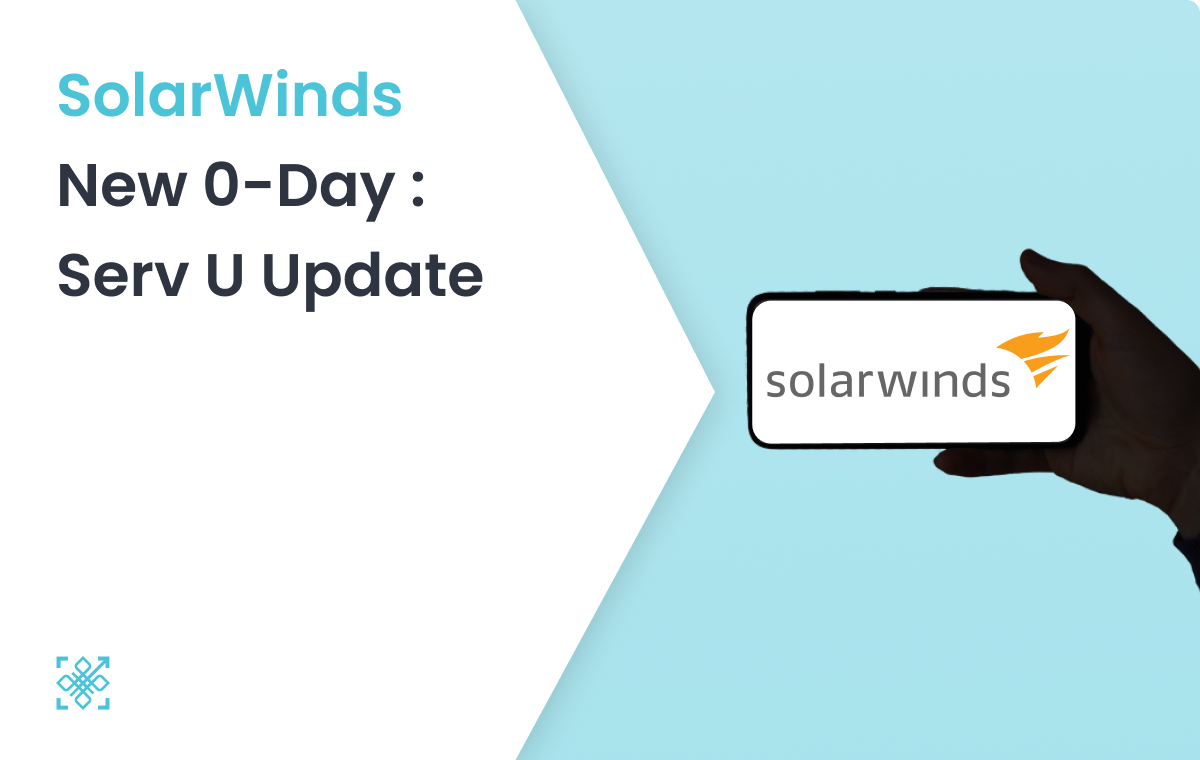SolarWinds’ Web Help Desk, a widely used IT management software, recently faced severe security challenges. These vulnerabilities, if left unpatched, could expose organizations to significant risks. The latest updates have addressed these flaws, but understanding their impact and the necessary steps for mitigation is crucial.
The Gravity of the Situation
Two major vulnerabilities—CVE-2024-28986 and CVE-2024-28987—were discovered in SolarWinds’ Web Help Desk (WHD). These issues were severe enough to warrant critical CVSS scores of 9.8 and 9.1, respectively.
The first, CVE-2024-28986, is a remote code execution (RCE) vulnerability caused by a Java deserialization flaw. If exploited, it allows an attacker to execute arbitrary commands on the affected host. Despite initial reports suggesting the vulnerability could be exploited without authentication, SolarWinds could only reproduce it after authentication. Nonetheless, due to the severity, SolarWinds issued a hotfix and strongly urged all users to apply it immediately.
The second vulnerability, CVE-2024-28987, is particularly concerning. It involves hardcoded credentials within the Web Help Desk software. This flaw enables unauthenticated attackers to log into vulnerable systems, access internal functionalities, and potentially modify sensitive data. Given the widespread use of Web Help Desk across various sectors, including government, healthcare, and education, the implications of such a flaw are far-reaching.
SolarWinds’ Response and Hotfixes
SolarWinds responded quickly to these vulnerabilities by releasing Web Help Desk 12.8.3 Hotfix 2. This hotfix addresses both the RCE vulnerability and the hardcoded credential issue. It also restores functionality compromised in earlier patches, ensuring the software operates securely and efficiently.
For those managing the Web Help Desk, applying this hotfix is not just recommended but essential. The installation process, though manual, is straightforward, involving the replacement of specific files within the Web Help Desk directory. SolarWinds provides detailed instructions to ensure administrators can apply the fix without disrupting their systems. Creating backups before modifying files is crucial, allowing for a quick rollback.
The Importance of Immediate Action
The recent history of SolarWinds, particularly the infamous breach involving its Orion software, underscores the need for prompt and decisive action in the face of security vulnerabilities. The company’s IT products are critical infrastructure components for many organizations. Leaving these vulnerabilities unpatched could lead to severe consequences, including unauthorized access, data breaches, and potentially devastating operational disruptions.
Given that these vulnerabilities are now known and patches are available, malicious actors are likely scanning for unpatched systems. Organisations must prioritise the application of these hotfixes to protect their IT environments and data.
The Need for Enhanced Security Measures
The recurring vulnerabilities in SolarWinds products serve as a stark reminder of the importance of proactive security measures. One crucial step is the adoption of passwordless authentication systems. Hardcoded credentials, as seen in CVE-2024-28987, pose a significant security risk. Credentials, in general, are a weak point in many systems, often becoming targets for exploitation.
By implementing passwordless solutions like PureAuth, organizations can significantly reduce the attack surface. Passwordless systems eliminate the need for traditional credentials, replacing them with more secure authentication methods such as biometrics or hardware tokens. This not only enhances security but also improves the user experience by streamlining the login process.
Conclusion
SolarWinds Web Help Desk has been a reliable tool for many organizations, but these recent vulnerabilities highlight the ongoing security challenges in software development. By staying vigilant and promptly applying security patches, organizations can mitigate risks and continue to benefit from the functionality provided by the Web Help Desk. The critical nature of the CVEs discussed cannot be overstated, and the onus is on system administrators to act swiftly and decisively.
For more detailed coverage of SolarWinds’ security challenges, visit BleepingComputer and PureID’s analysis. The journey to a more secure environment begins with proactive steps, and passwordless authentication is a crucial part of that journey.



